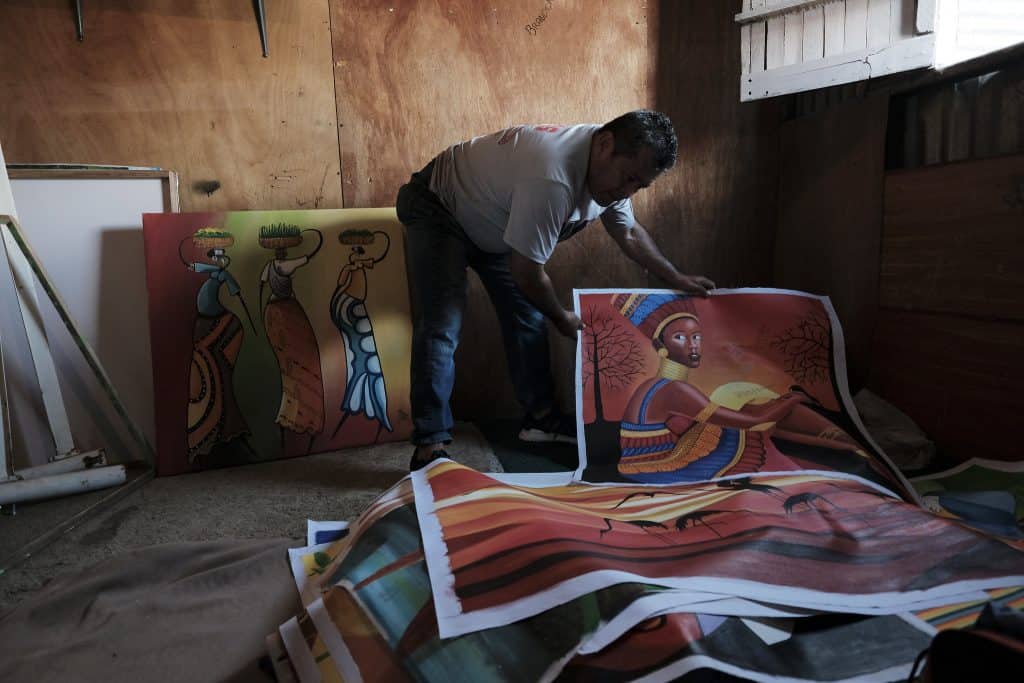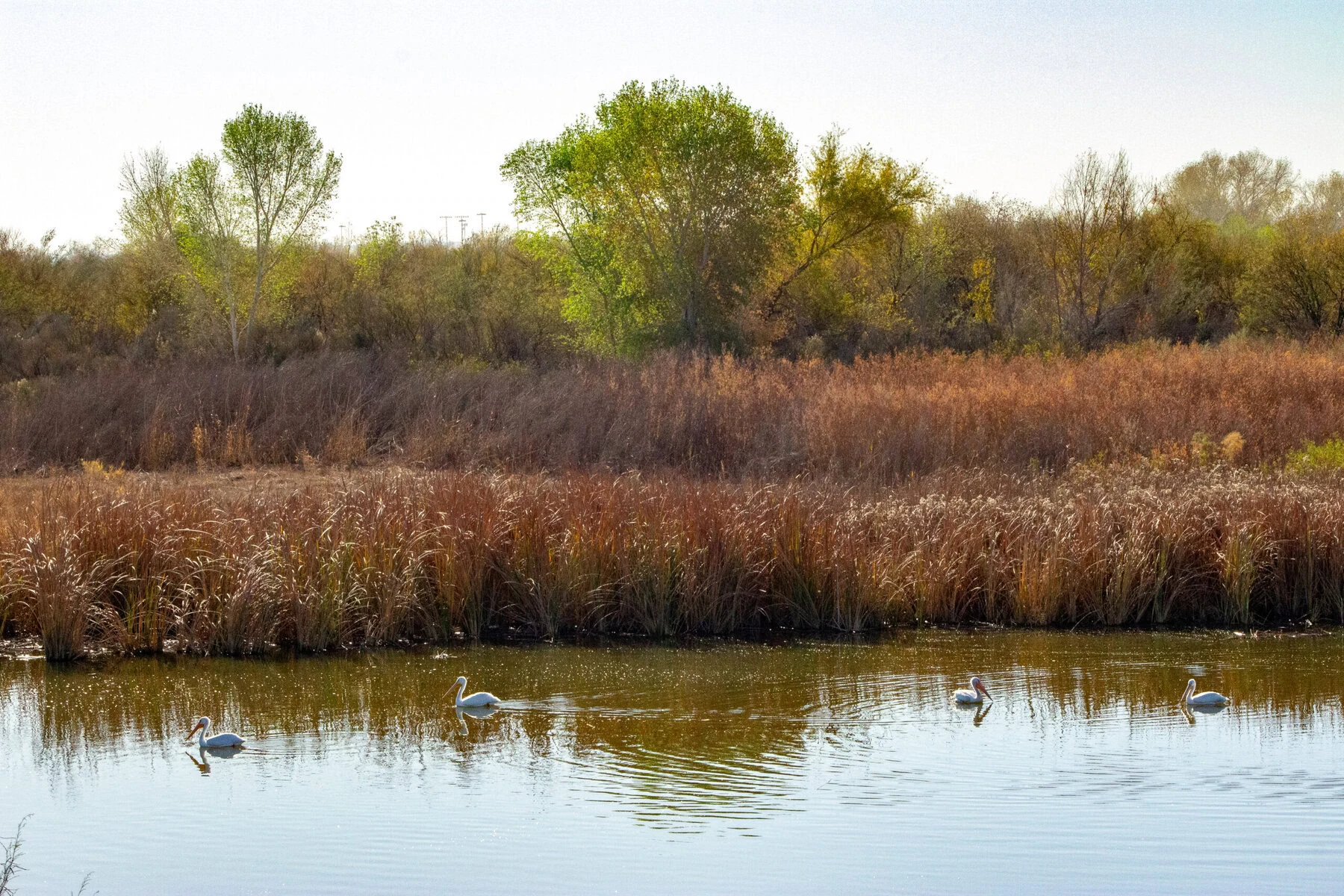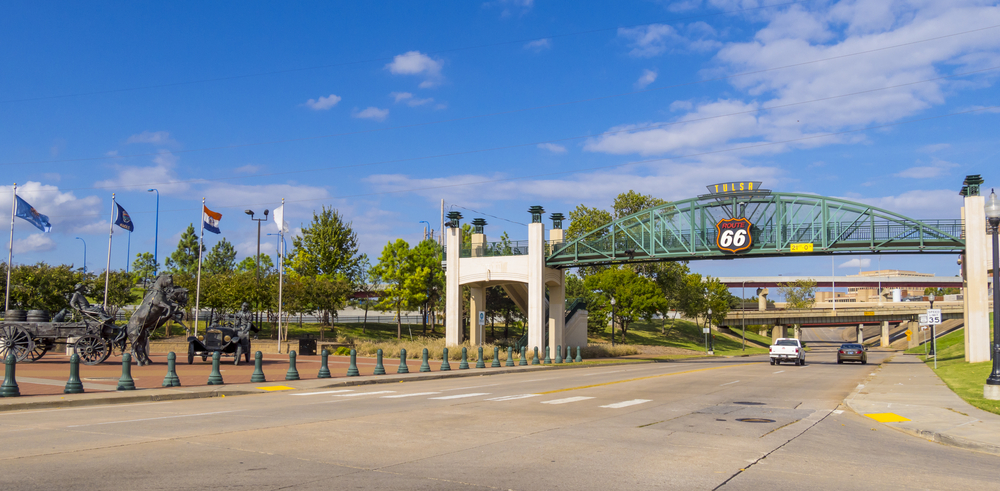Three great stories we found on the internet this week.
Migration mastery
As political violence and economic collapse have shaken Nicaragua, tens of thousands of migrants have flowed into neighboring Costa Rica. But this refugee crisis has differed from others. Effective and empathetic leadership, from the grassroots all the way up to the presidency, has helped the new arrivals find genuine refuge.
For one thing, Costa Rica already had a lot of Nicaraguan refugees who fled there during previous waves of political discord. These already-settled migrants have emerged as impromptu leaders, helping newly arriving refugees find their way. And because many of the people fleeing Nicaragua are being driven out because of their activism, many of them are natural leaders themselves. There’s also the fact that Costa Rica’s president, elected on a progressive platform in 2018, has been particularly welcoming.

On top of that, the demographics of the arriving Nicaraguans, many of whom are young and able-bodied, are a good fit for Costa Rica’s aging population. “To combat [our aging] problem, we need a significant increase in productivity, which appears unlikely… or an increase in the workforce,” one Costa Rican researcher told Yes! magazine. “Migration becomes part of the solution, not part of the problem.”
Against the stream
Many of the 12,000 members of the Cheyenne River Sioux Tribe of South Dakota are particularly susceptible to Covid-19 due to age and health issues. Yet the tribe has reported only six cases of coronavirus so far, and zero deaths, due to its aggressive measures to keep the virus from spreading.
The tribe has fared far better than South Dakota as a whole, which has over 7,000 cases. Why? Tribal leaders acted early, imposing crisis measures days before the rest of the state reacted. A mandatory nightly curfew, restrictions on how people shop, free masks and gloves, and food sharing programs have all helped to keep numbers low. So has a 24/7 health hotline that was set up almost immediately, and checkpoints that strictly regulate who can come on and off the reservation. Voluntary compliance with these measures has been impressive. “If the rest of the world had been taking some of these actions, we wouldn’t have to,” said Remi Bald Eagle, the tribe’s intergovernmental affairs coordinator.
Weighed down by negative news?
Our smart, bright, weekly newsletter is the uplift you’ve been looking for.Indeed, part of the reason the tribe has taken such stringent measures is because its health care system might not be able to handle a severe outbreak. There’s also the fact that members of the tribe revere their elders, who are at particular risk for Covid-19. “We want all our elderly to be home, and not have to be home worrying,” said Bald Eagle.
Read more at South Dakota News Watch
Red-letter day
West Virginia is one of the most conservative states in the U.S. — it delivered President Trump a higher share of the vote than any other state in the country. So perhaps it’s a sign of the times that Wheeling, West Virginia recently elected Rosemary Ketchum, a transgender woman, to its city council on June 9.
https://www.instagram.com/p/B64Xr47h0hW/
Ketchum is the first transgender person to win elected office anywhere in the state, and is one of just 27 out trans elected officials in the U.S. Her campaign focused on increasing social services in mental health, homelessness and addiction — since she took office on July 1, she’s created a task force to tackle these issues. Despite the state’s deep conservativism, she says she’s not surprised she won. “When folks say, ‘I cannot believe a trans person could win in a place like West Virginia,’ I think, ‘This is the very place I believe a trans person could win elected office. I completely understand what it’s like to feel unwelcome in a place that feels like my home — in the United States, the state I live in, sometimes the city that I live in.”










